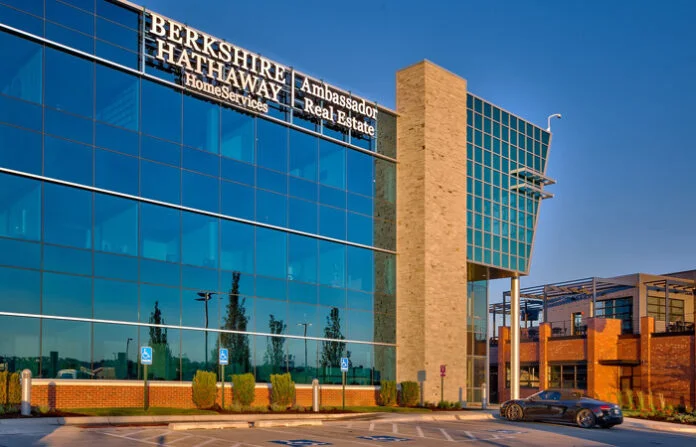Staff Reporter
Warren Buffett has announced he will step down as CEO of Berkshire Hathaway (NYSE: BRK.A) (NYSE: BRK.B) at the end of 2025. Since taking over 60 years ago, Buffett has led the company to an annualized return of nearly 20% on its Class A shares (BRK.A), resulting in a cumulative gain of 6,540,015%. For context, the S&P 500 has not reached a 39,000% return during the same period.
Buffett, known as the Oracle of Omaha, has attracted a significant following on Wall Street for his focus on long-term fundamentals rather than short-term market fluctuations.
Transition of Leadership
During Berkshire Hathaway’s annual shareholder meeting on May 3, Buffett surprised the crowd of roughly 40,000 by announcing his plans to step down.
He stated, “I think the time has arrived where Greg [Abel] should become the chief executive officer of the company at year-end.”
Greg Abel, who has been with Berkshire for over two decades and currently serves as vice chairman of non-insurance operations, has been seen as Buffett’s successor since 2021, when Buffett’s late partner Charlie Munger hinted at Abel’s future role.
While the final decision rests with Berkshire’s board, Abel’s extensive experience in managing complex businesses makes him a strong candidate.
What Will Remain the Same
Abel aims for continuity and plans to reinforce the vision established by Buffett and Munger.
For example, he was instrumental in facilitating Berkshire’s significant investments in Japan’s five major trading houses: Mitsubishi, Itochu, Mitsui, Sumitomo, and Marubeni.
These companies play critical roles in Japan’s economy, with executive teams that receive modest compensation and robust capital-return programs.
These five trading houses join Coca-Cola, American Express, and Occidental Petroleum as the eight companies Buffett has referred to as “indefinite” holdings for Berkshire Hathaway. It is unlikely Abel will alter these foundational investments.
Berkshire will continue to benefit from its ties to the U.S. economy. Buffett has long advised against betting against America, recognizing that while recessions are inevitable, economic expansions typically last much longer.
Changes Ahead
With Buffett stepping down, some changes are anticipated. The most significant will be in decision-making regarding acquisitions and investments.
Although Buffett plans to remain involved as non-executive chairman, the responsibility for capital deployment will fall to Abel. This means he will be the primary contact for Buffett’s investment managers, Todd Combs and Ted Weschler, for major investments.
Additionally, Berkshire’s capital-return program will see adjustments. While it’s unlikely the company will start paying dividends, Buffett will no longer be the one approving share repurchases.
Since rule changes in 2018, he has authorized nearly $78 billion in stock buybacks, significantly reducing the outstanding share count. Abel has indicated he will adhere to Buffett’s strategy of buying back shares when they are undervalued.
As Berkshire Hathaway prepares for this leadership transition, the focus remains on maintaining the principles that have driven the company’s success.
The Services and the Content are provided to you solely for your general informational purposes, and should not be considered as legal, tax, accounting, financial or investment advice.You are solely responsible for determining whether any investment is suitable for you, considering your investment objectives, risk tolerance and personal financial situation. It is also your responsibility to evaluate the merits and risks of using the information provided on this site before making any decisions.

